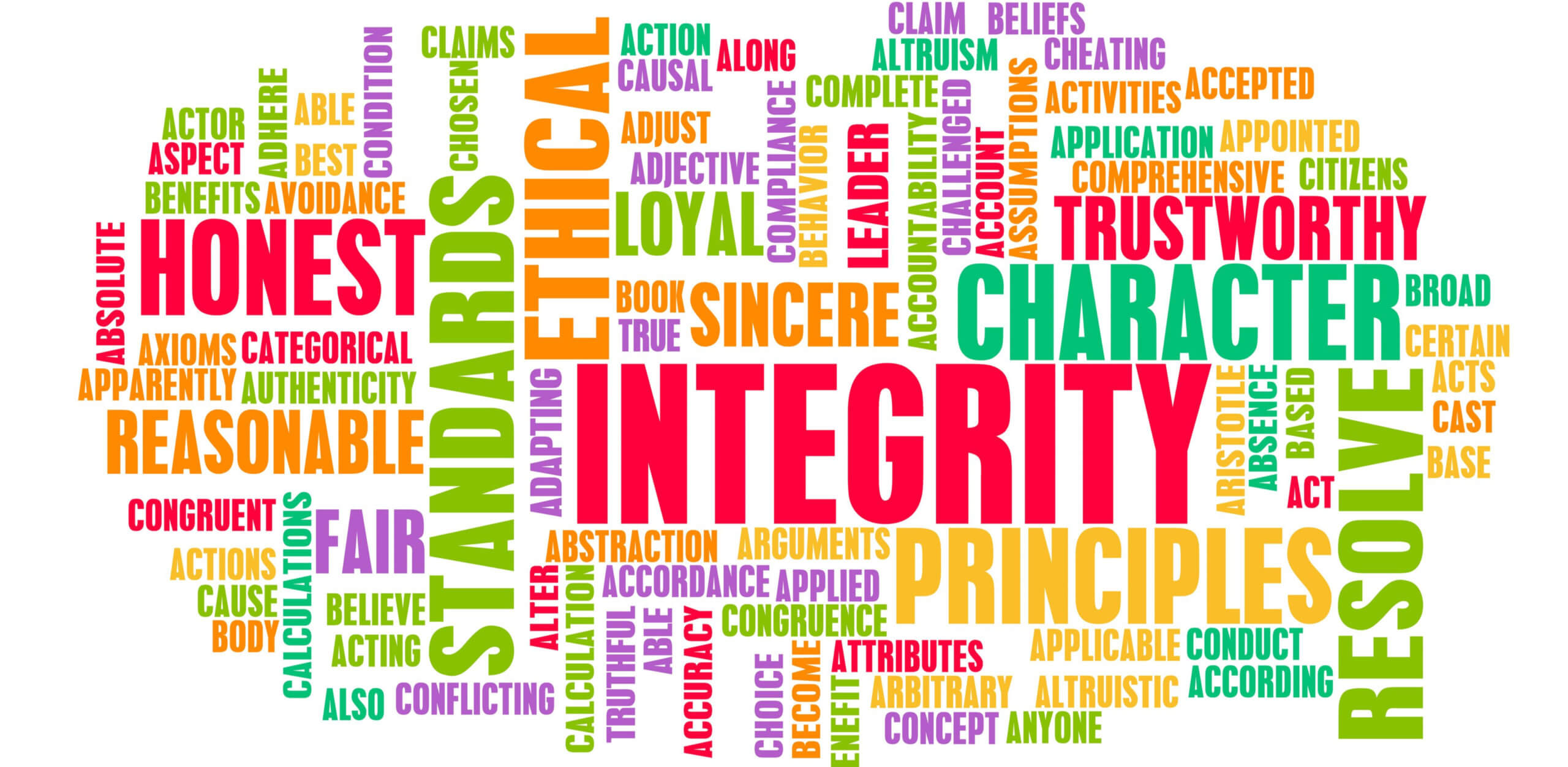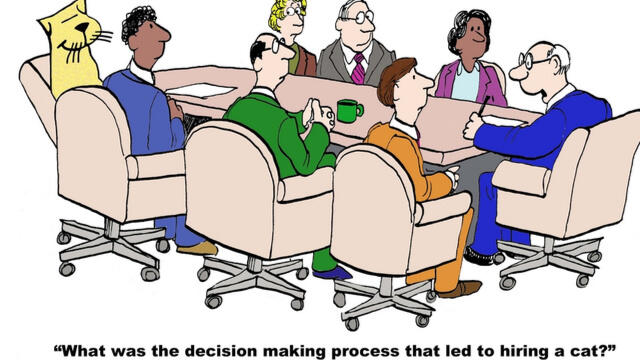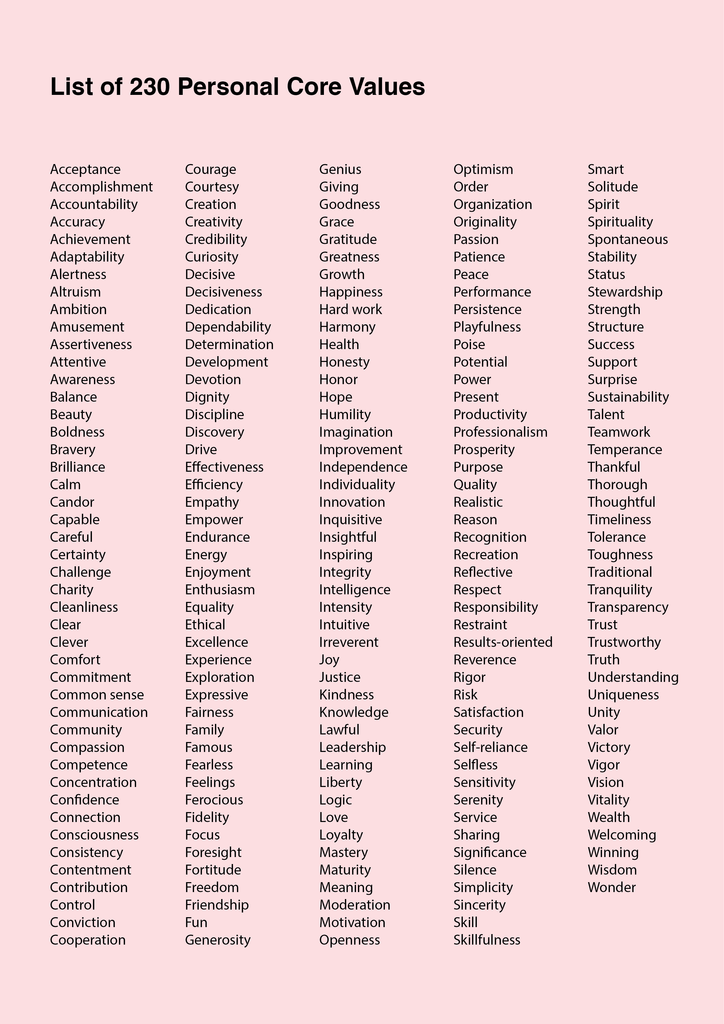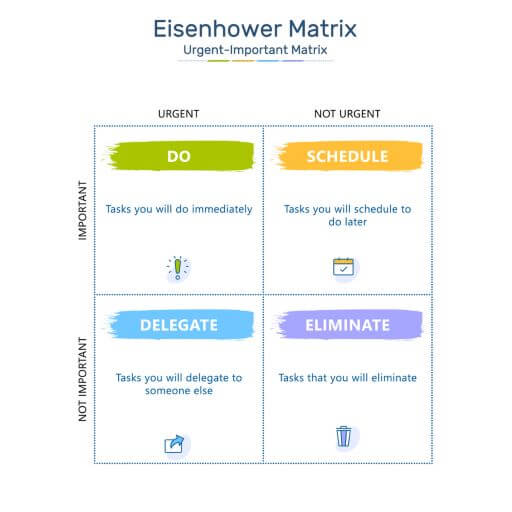
It happens one of two ways. One, you see or hear something that triggers the thought. Two, an incident happens and you know that you will have to deal with it sooner or later. You will hear yourself say, “I need to check on “this thing.” Sometimes, it will be, I am going to have to make a decision on “this thing,” and I need to start thinking about it.
August 3, 2022
We ponder a lot, but are we stalling?
We think about thinking about stuff all the time. It isn’t high up on our priority, but we know that we will have to deal with “it” soon. Soon, as in, it’s coming. Oh well, we don’t have a timeline/deadline yet, so I guess I can think about thinking about it later. The “it” may be an oil change. The “it” may be a medical issue. The “it” may be a work project.
We do this pre-contemplation for a lot of things in our lives. How do we prioritize? What can we do to make the prioritization process easier? Surprisingly, we need inspiration. A moment of clarity about new possibilities and options. Do you want to reach your goals? Your inspiration helps in your journey to reach your desired goals.
Which of these words for inspiration helps you to see your capabilities?
Creativity Inventiveness Ingenuity Imagination
Originality Individuality Artistry Revelation
Brainwave Brainstorm The “Aha” moment Genius
Insight Vision Incentive Motivation
Find Your Top 3 Goals or Decisions to be Made
Now, that you have identified some of your capabilities you would be best served to find your top three goals. Hang with me here. You need your top goals to figure out what is important to you and to help guide the direction that you will be going. Laser focus is much better than the shotgun approach. Why? To maximize your energy levels. Remember, you only have so much focused energy per day. The other way that it helps is so you can decide what really does need to be done, what can wait, and what can be discarded (things you don’t need to do or you don’t need to do yourself). What if you could focus on the things that you can control?
You cannot control your feelings or thoughts. But, you can be curious about them and accept them as they are with no judgment of good or bad. You can control how you react and act. Be present, right now. The present situation is what you can work on. You cannot change anything about the past. There will be challenges and obstacles and sometimes, you will need some help.
You can control time and effort, but not the outcome
You can control how much time and effort you put into a problem, relationship, or work issue, but you cannot control the outcome. We all hate that part. Have your “can do attitude” ready for the things you can control.
Back to prioritizing. You know that we chase a few rabbits. Urgency and importance are the key factors in prioritizing. The Eisenhower box is a great tool to use.
Are you able to recognize what needs to be accomplished? Do you comprehend the task? Do you know why you should do it? Feelings and emotions will probably arise about prior experiences or things we have lived before. Prior choices, prior consequences, prior successes, etc.
What systems do you have in place for yourself to help you succeed? Routines, habits, scheduling, flexibility, rearranging ever-changing priorities, allowing for adequate amounts of time, etc.
Patience and persistence will pay off while learning this new skill of prioritizing and planning. You will mess up and you will feel frustrated, but you will progress. Practice kindness to yourself, not beating yourself up. Just get back on track and try again. We are not looking for perfection we are looking for progress. Celebrate your efforts. That is what builds resilience.
What are some barriers to prioritizing?
-
- Not making time to prioritize.
-
- Not seeing the “big picture.”
-
- Getting distracted by time wasters or the little things.
-
- Not delegating what can be delegated.
-
- Refusing to adapt when you get new or better information.
Learning your core values also helps in prioritizing and making decisions.
Pat





